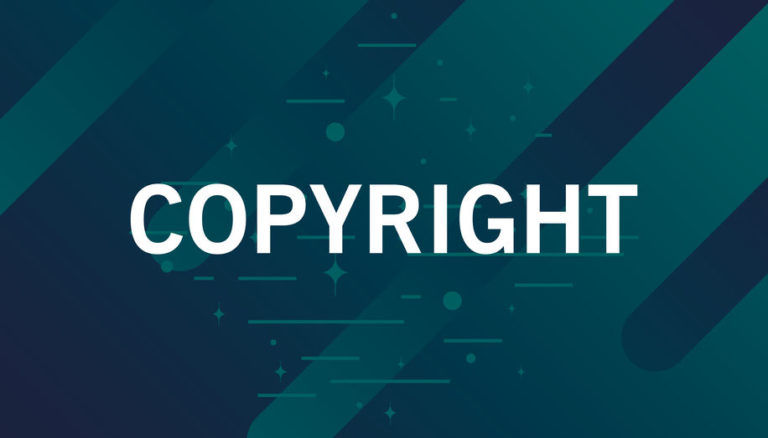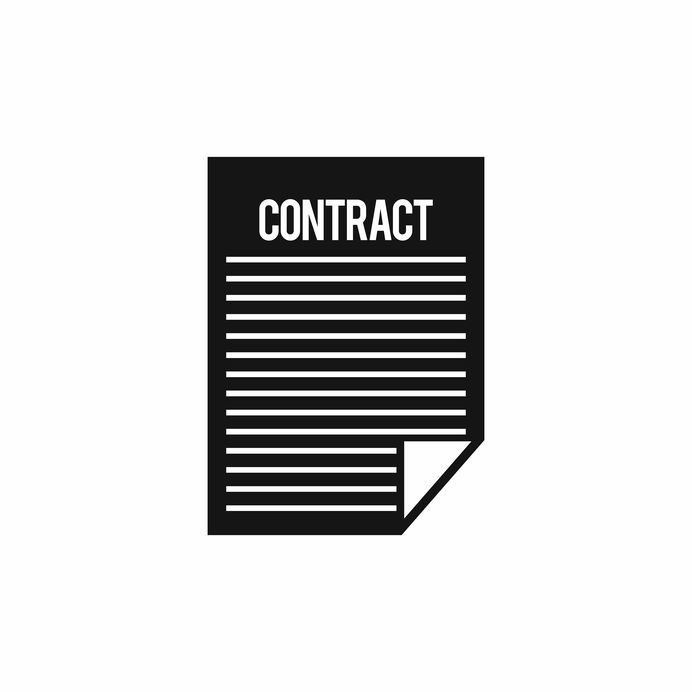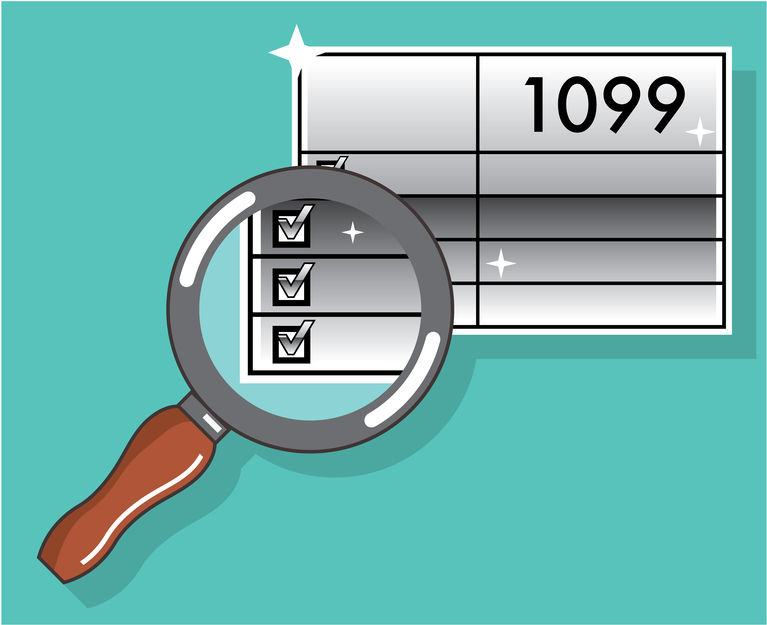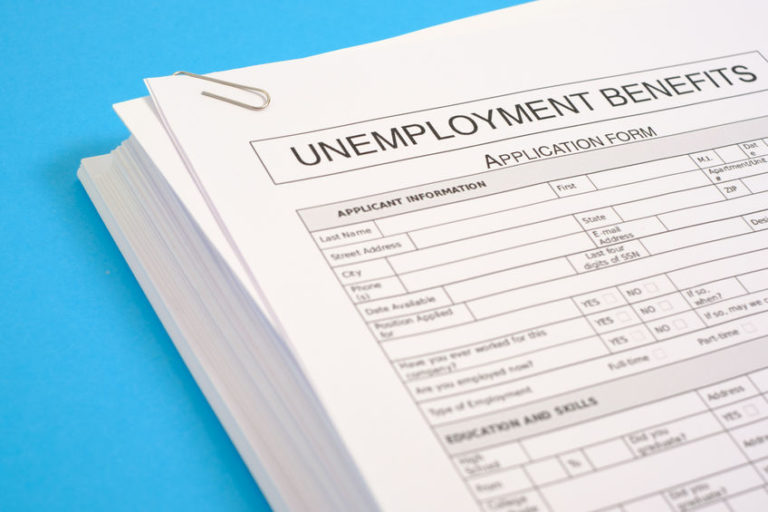
Mitos del Copyright #3 – “Tengo que Incluir un ‘Copyright Notice’ para que Exista mi Derecho”
Actualmente, el “Copyright Notice” es el mecanismo utilizado para hacer visible a terceros la protección de la obra por un derecho de autor. Consiste en incluir junto con la obra todo lo siguiente: 1) la letra “c” dentro de un círculo o la palabra “copyright”; 2) el año de publicación inicial y; 3) el nombre del autor o autores.

Mitos del Copyright #2 – “Si me Envio la obra por Correo y no abro el Sobre…”
Este método se conoce como el “poor man’s rule”, y propone que si uno adjunta en un sobre copia de, por ejemplo, una composición en guitarra grabada en un disco, y se la envía por correo a sí mismo y no abre el sobre, hará constar, por el sello postal, la fecha de la creación de la obra. En la eventualidad de surgir una disputa entre dos o más personas sobre la autoría de esta, el sello postal autentica al recipiente y la fecha.

Mitos del Copyright #1 – “La obra Tiene que Estar Registrada para Adquirir Derechos”
Los derechos de autor son derechos patrimoniales otorgados por las leyes de los Estados Unidos, principalmente a través del Copyright Act de 1976, sus subsiguientes enmiendas y tratados, a creadores de trabajos artísticos y literarios (escritos, canciones, pinturas, fotografías, bailes, programas de computadora, compilaciones, entre otros) sobre obras que cumplan con dos requisitos: que sean originales, y que estén fijados en un medio tangible de expresión.

Olvídate de Pegar una Canción (Parte 1)
El problema con la industria no es que falte talento, es la sobredosis del mismo. Entonces el reto de cada artista debe ser crear una propuesta única dentro de todo el ruido saturado que son los medios.

Olvídate de Pegar una Canción (Parte 2)
Ahora consumimos, creamos y curamos el contenido todo a la vez. Ganar la atención de cualquier público es un ejercicio de suprema deliberación y ejecución incansable. Más que nunca, la popularidad de un artista depende de factores más allá de su música.

Key Entertainment Industry Contracts in Miami, Florida that will boost your career to success.
The entertainment industry is a broad categorization of fields including fine art, dance, music, theater, film, radio, opera, publishing, television, and more. Contracts are necessary instruments in these fields to protect the creative works of artists in a way that allows them to profit from them.
Large entertainment companies, like record labels and motion picture studios, also use contracts to protect themselves against economic risk. Consumer interests can change quickly, leading some entertainment trends and artists to become immensely popular or to fall into obscurity. These changes in consumer interests create an economic risk for artists and the companies that work with them.

What is a 1099 form and when do I need to file it?
1099-MISC is an important form that misfiling or failing to file will cost you hundreds of dollars. Be sure to inform yourself on your tax duties as a business owner. Here’s everything you need to know.

Artists, Read Your Contracts BEFORE You Sign Them!
Nobody likes to read long and tedious contracts, especially when it is the only thing separating you from the commencement of an exciting new project. However, there are some things you need to keep an eye out for when negotiating your artistic product and services, to ensure you are being justly protected and compensated.

What is Tortious Interference with an Expected Inheritance in Florida?
Tortious Interference with an Expected Inheritance occurs when someone succeeds at manipulating the assets of the decedent. In such a case, those beneficiaries of the inheritance who suffer an injury as a result of the tortious interference can bring a suit against the person who has manipulated the assets. Such conduct could include transferring money between different accounts, converting bank accounts to cash or affecting the distribution of the assets in any other way.

What is Pandemic Unemployment Assistance?
What is Pandemic Unemployment Assistance? The Pandemic Unemployment Assistance (“PUA”) is a federal program, in addition to the CARES Act, that
Categories
Categories
- Bankruptcy (6)
- Business Law (391)
- Business Litigation (35)
- Business Partnership Disputes (8)
- businesses (7)
- CBD Law (2)
- Civil Litigation (58)
- Commercial Law (2)
- Consumer Protection (8)
- Contract (29)
- copyright (12)
- Corporate (6)
- COVID-19 (35)
- Cryptocurrency (5)
- Documentary Stamp Tax (2)
- Employment Law (81)
- Entertainment Law (92)
- EPGD Business Law (35)
- Estate Planning (80)
- Family Law (18)
- Federal Law (9)
- Finance (16)
- Florida Law (20)
- Florida Minority Business Government Programs (2)
- Foreign Investing (3)
- Foreign Reporting (10)
- Franchise Law (17)
- Fraud (2)
- Government (16)
- Homestead Exemption (9)
- Immigration Law (8)
- Intellectual Property Law (96)
- Landlord / Tenant (8)
- LegalZoom (1)
- Licensing Agreement (1)
- Litigation (12)
- News (2)
- NFT (4)
- Non-profits (1)
- Notarization (2)
- Patent (2)
- Privacy Law (10)
- Probate & Guardianship (24)
- Property Law (10)
- protection (5)
- Real Estate Law (67)
- security (7)
- Sports (3)
- Tax Law (122)
- Testamentary Trust (1)
- Trade (1)
- trademark (15)
- Transactional (19)
- Trusts & Estates (53)






